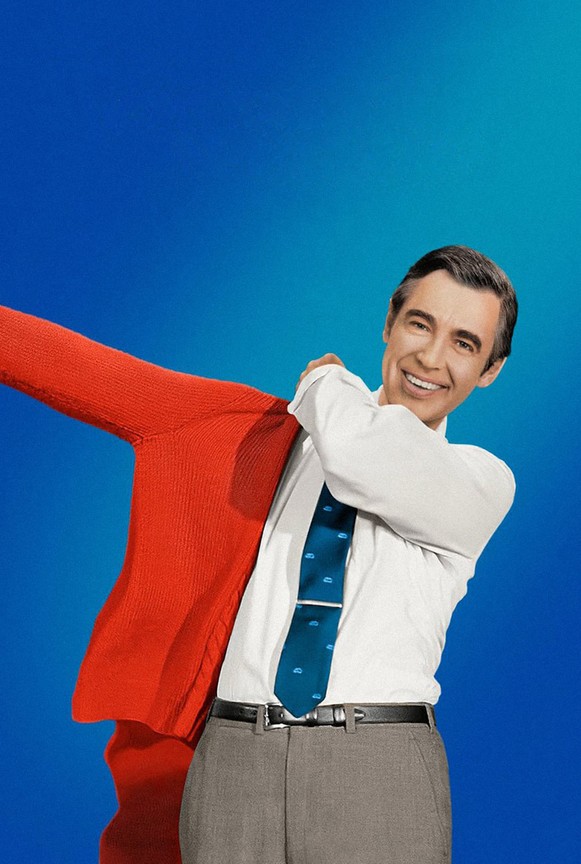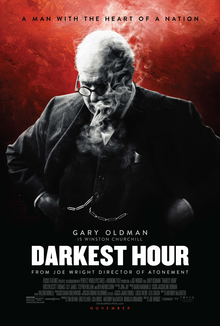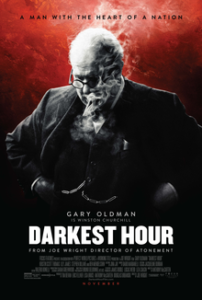Bohemian Rhapsody
Posted on November 1, 2018 at 5:30 pm
B| Lowest Recommended Age: | Mature High Schooler |
| MPAA Rating: | Rated PG-13 for thematic elements, suggestive material, drug content and language |
| Profanity: | Some strong language |
| Alcohol/ Drugs: | Alcohol and drugs |
| Violence/ Scariness: | Medical issues, sad death |
| Diversity Issues: | A theme of the movie |
| Date Released to Theaters: | November 1, 2018 |
| Date Released to DVD: | February 11, 2019 |

“Bohemian Rhapsody” is a just-good movie with a great performance based on the life of a once-to-a-planet musician of endless talent and magnetism and a four-octave range of unmatched clarity and suppleness. In other words, it is entertaining, if not illuminating. Indeed, it is strange that a movie about fictional rock and pop stars, the 2018 version of “A Star is Born” is more insightful about what it is like to perform at that level than this movie based on the life of Freddie Mercury, the brilliantly genre-bending front man of power rock band Queen.
Musician biopics have a huge advantage over movies telling the life stories of writers, visual artists, and other public figures. It is, of course, the music. Whether the movie is highly fictionalized with Cary Grant as Cole Porter or Mickey Rooney as Lorenz Hart, in films that pretended they were not gay, or more honest, like Oscar winners Sissy Spacek as Loretta Lynn and Jamie Foxx as Ray Charles, the highlight of the films will always be the music that made the real-life characters stars. “Bohemian Rhapsody” has Queen’s rousing masterpieces and Rami Malek channels Mercury superbly, especially in those performance scenes, with a breathtaking re-creation of Queen’s legendary Live Aid performance in the film’s climactic scene.
The biggest risk in a biographical movie about a musician, though, is avoiding “VH1 Behind the Music”-itis. Unfortunately, real life for future Rock and Roll Hall of Famers does tend to follow the same pattern, and that is why we see the same scenes over and over. The family wants them to get a respectable job and not waste time on music. The early struggles. The recording session where someone in the control room says, “Wait a second, these guys have something special! Let me call my friend in the music business to sign them up.” The Vorkapich montage of tour dates to increasingly enthusiastic crowds. Yay, success! Yay, EXCESS! The squabbles. The industry executive who does not want them to be innovative (in this case, a sly meta-joke as he is portrayed by an unrecognizable Mike Meyers, whose iconic head-banging to the film’s title song in “Wayne’s World” created another generation of fans). The breakups. The reconciliation. It’s very hard to tell that story again and make it specific enough to stand out.
And then there is the other risk. Either the surviving members of the band are not involved, so you risk authenticity, or they do participate, as Brian May and Roger Taylor did here, so we see their version, which may be spun, even sanitized.
Freddie Mercury was born Farrokh Bulsara, to a Parsi family from the Zoroastrian community of the Indian subcontinent. We first see him in the film working as an airport baggage handler, being called by the (inaccurate) racist epithet “Paki.” Farroukh, already calling himself Freddie, is a fan of a popular local rock group called Smile. When their lead singer quits, he does an impromptu demonstration of his stunningly melodic voice, explaining that his overbite is caused by an extra set of incisors, which he credits for his range. The film then trudges through the steps outlined above.
The dramatic scenes are soapy and predictable — betrayed by a manager, estrangement from the band, too many cats, too many parties, learning that you can’t escape yourself, some reconciliation. Lucy Boynton (continuing her connection to 80’s music from “Sing Street”) is lovely as the ever-loyal Mary, who was Freddie’s closest friend, even after their romantic relationship ended because he was gay. The other band members barely register as individuals; more time is given to Myers’ stunt casting as the record industry guy who tells them that the six-minute “Bohemian Rhapsody” will never be played by teenagers in a car (get it? that’s what happens in “Wayne’s World!”). The “this is how we wrote that song” sections are especially weak. The songs themselves, though, are as captivating as ever and Malek, who struggles a bit with the overbite prosthetic, recreates them with all they buoyancy and flamboyance Freddie would want.
Parents should know that this film has the expected sex, drugs, and rock and roll in a story of a real-life rock star, with strong language, sexual references and non-explicit situations, and wild partying, along with medical issues and a sad death.
Family discussion: Who understood Freddie best? Why was Live Aid so important to him?
If you like this, try: the documentary “The Story of Queen: Mercury Rising” and YouTube clips of the Live Aid performance





